‘No’ camp gets big boost from Dutton’s promotion of Price
If you want to see what real reconciliation looks like, forget welcomes to country and corporate action plans. Instead look to Peter Dutton’s decision to elevate Jacinta Nampijinpa Price.
Opinion
Don't miss out on the headlines from Opinion. Followed categories will be added to My News.
If you want to see what real reconciliation looks like, forget about tedious welcomes to country and corporate action plans.
Instead look to Peter Dutton’s decision to elevate Jacinta Nampijinpa Price to the opposition front bench, where she will not only take on the Indigenous Australians portfolio but also lead the Liberals’ campaign against what is increasingly looking like a deeply illiberal “voice to parliament.”
In one move, Dutton has done a three vitally important things.
Firstly, he has shut down the “divided Liberals” narrative which had been filling the front pages since Julian Leeser’s self-indulgent exit from shadow cabinet, nearly a week after agreeing to go along with his party room’s decision on the voice.
Secondly, after a fortnight where it seemed the party room was drifting out of his grasp, Dutton has shown leadership in bringing to bring a Country Liberal senator across from the Nationals party room to sit on the front bench – despite the concerns of some Liberals it would water down their power in the Coalition.
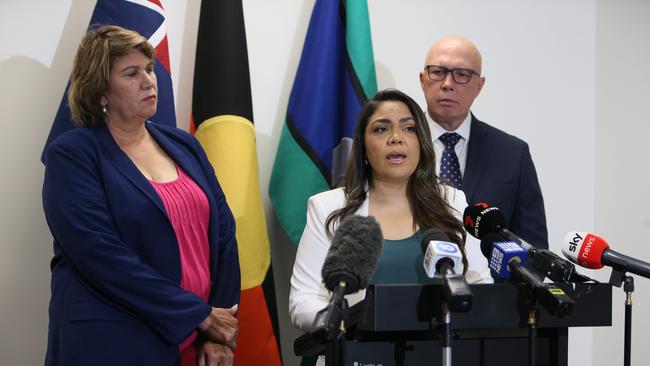
And finally, he has finally given the “no” case the firepower it deserves in the form of a Warlpiri woman who has (to borrow a trendy phrase) the lived experience to argue against a voice to parliament that will not only fail to fulfil Aboriginal aspirations but potentially thwart them as well.
But conservatives cheering Price’s appointment should not get ahead of themselves.
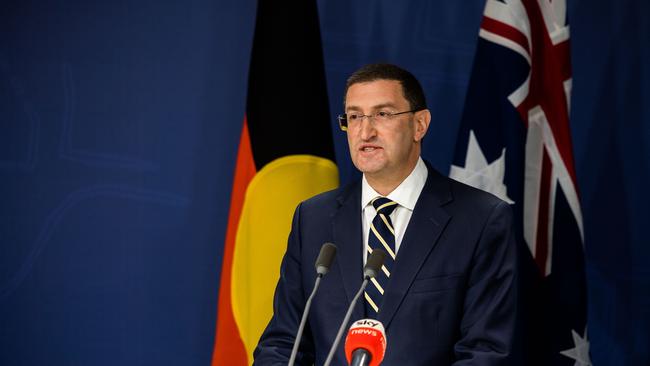
Yes, she is a brilliantly effective spokeswoman against a constitutional reform that even many of its own backers admit could pour sand in the gears of government for years.
Yes, the majority support that there is for the voice is still very soft, with many millions of Australians only barely getting across the details.
And yes, some arms of the pro-referendum campaign are so eager to land blows on Dutton that they wind up in strange places. Just witness the weird conspiratorial trutherism earlier this week when it was suggested that sexual abuse of kids in remote Indigenous communities isn’t as bad as some people suggest, and anyway we can’t talk about it lest it help Peter Dutton.
None of these facts guarantees the success of the “no” campaign.
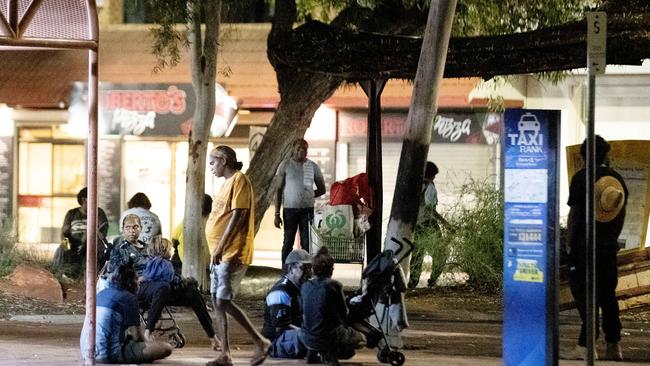
Even though no referendum has ever succeeded without bipartisan support, Anthony Albanese is banking on a post-political vibe to secure “yes” and his place in the history books.
Labor, fired by revolutionary zeal and with a deep knowledge of how the levers of government and bureaucracy works, is stacking every deck to get the referendum over the line. The government has given the yes camp tax free status but not the other side.
Around Canberra it is whispered that word has gone out to industry representative groups – all the various “XYZ Australia” bodies – that if they don’t come out and declare for the voice, they’ll never get a meeting with a relevant minister again.
Corporates, too, are likely largely to be all in, and for similar reasons.
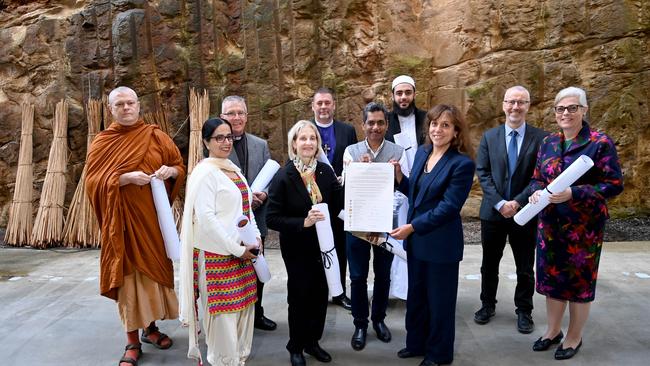
Though in some board rooms discussions are being held as to the wisdom of potentially annoying half their customer base by haranguing them about the referendum.
Progressives have even managed to hold their nose and trumpet the support of churches that have decided to preach “yes” from the pulpit (so much for keeping religion out of politics).
Of course once the voting is done pastors and clergy going down this road will likely find themselves back in the left’s bad books as a bunch of superstitious believers in “sky fairies”.
With all this against them, and with Dutton now playing for all the money – the referendum, however it goes, will leave the loser with deep and perhaps mortal political scars – he and Price will need to focus on their message.
Here they need to remind voters that despite claims this is just a modest and polite change to the workings of government of no more consequence than asking guests if they would like a coffee after their meal, the “yes” camp’s own words betray them.
Albanese let the mask drop months ago when he spoke of how “brave” a future parliament would be to ignore the voice, suggesting that this is in the end of tying a future Liberal prime minister up in knots.
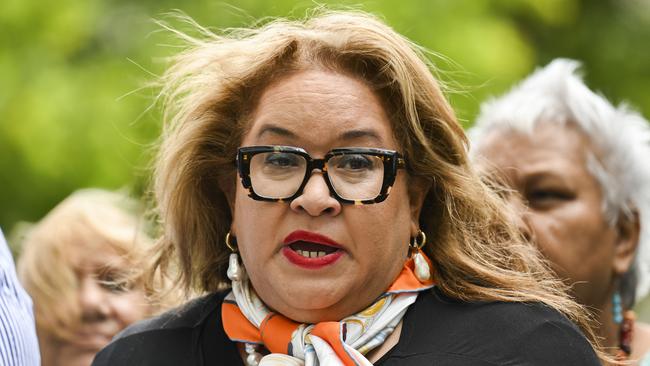
UNSW constitutional law experts and voice backers Megan Davis and Gabrielle Appleby have written that the voice would not be “limited to matters specifically or directly related to Aboriginal … peoples” and it will be able to “speak on a wide range of matters.”
Professor Greg Craven, one of the minds behind the original concept for a voice, has admitted that the model as currently proposed could “hogtie government decision-making in webs of legal challenge.”
Weirdly Craven says he will still vote in favour of the referendum because even if the legal and constitutional consequences are terrible, it is in his words “a great moral imperative” to bring the voice into existence – but never mind.
The fact is, the battle is joined. And the “no” camp just got a whole lot stronger.



